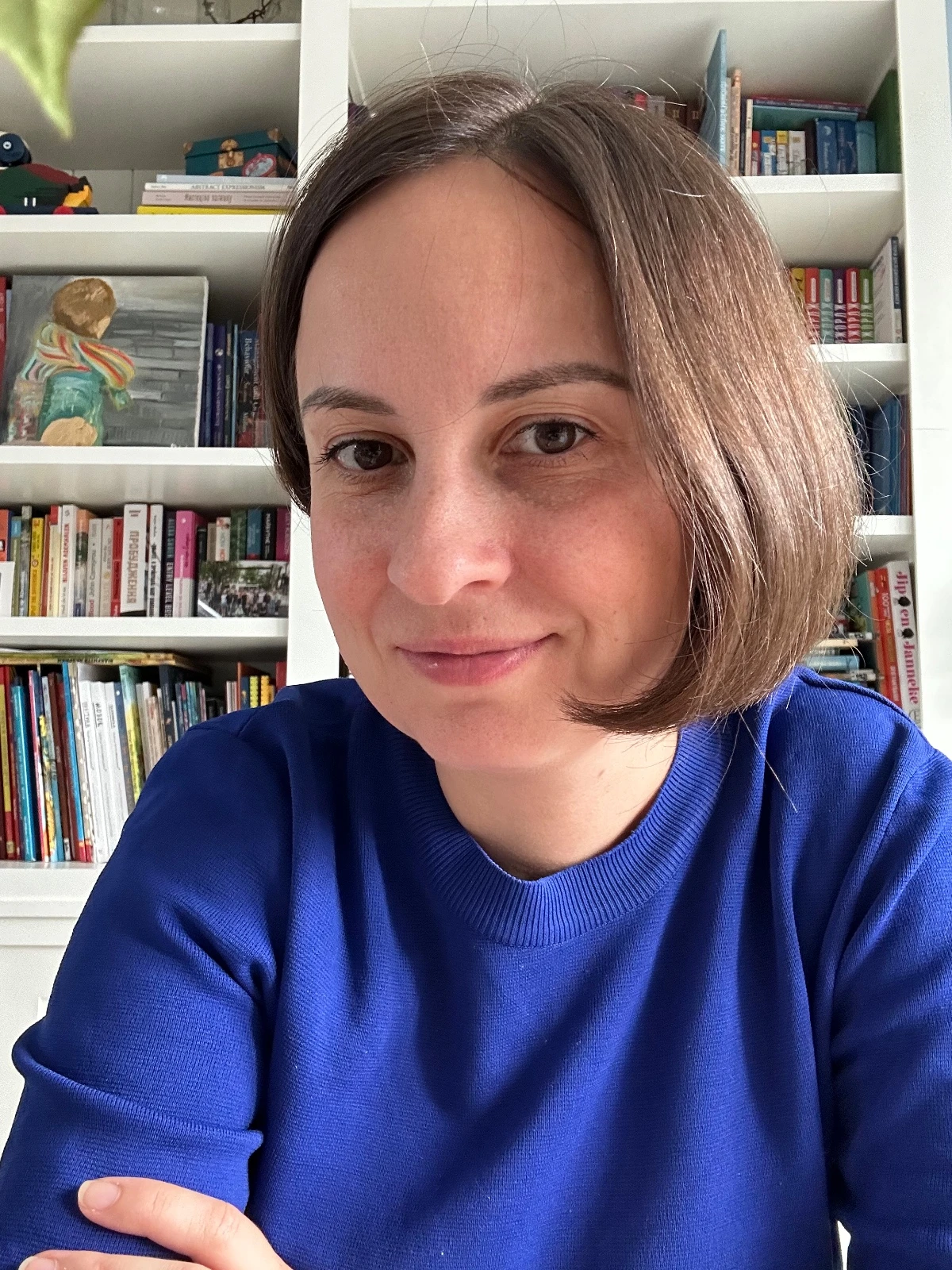
"It helps to talk about mental health problems in your own language."
Ukrainian psychologist Maryna Kravchenko now works as a psychologist in the Netherlands. Through the Empatia programme, she helps Ukrainians in the Netherlands with psychological problems: "It helps to be able to talk to a counsellor who knows the culture and understands how Ukrainians think."
"Clients told me that a Dutch psychologist does not understand and feel everything"
Maryna particularly has many online clients, some of whom first got help from a Dutch psychologist. "But that did not always work. Clients told me that a Dutch psychologist does not understand and feel everything. This is mainly due to cultural differences and the language barrier. As a result, they also sometimes do not have the confidence to explain everything that is bothering them. Being Ukrainian myself, I understand more quickly what my clients mean."
Maryna continued: "Ukraine is a big country and there are many differences between people from different regions. Ukrainians do not have to explain as much to me. Our culture is also such that people are very critical of each other. Parents, school, neighbours, everyone expects things from you that you should achieve. I feel that in Dutch culture there is more room to choose your own path more quietly."
"Uncertainty is something that is common among the people I talk to."
"It differs for each patient, of course, but many people are insecure," Maryna explains. "For example, they put time and energy into learning the language. But in the meantime, they do not know whether they will be allowed to stay in the Netherlands and whether they will ever find suitable work.
I also notice that with people, problems from the past often surface now. For instance, childhood traumas, sexual abuse, domestic violence. The war is then the last straw that brings everything to the surface. That also makes offering help more difficult, because so many different things are at play at the same time."
"The war is beyond your control, look for things you can control."
Maryna: "I have been able to really help people in the past year. At the same time the war goes on and there are people who have lost someone. But we also try to recognise this. Because grief has an important role to play – you do not need to hide it."
Maryna has found a way to help her patients. "I actually start by sorting. What is going on? What is someone suffering from the most right now? And then we tackle this in small steps. With small tips, like: ways to sleep better, watch less news, learn something or get a job. The war is out of your control, so it is important to look for things you can control."